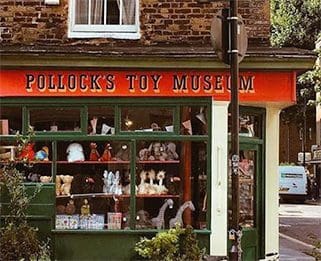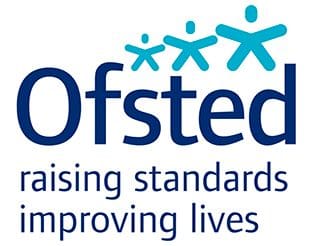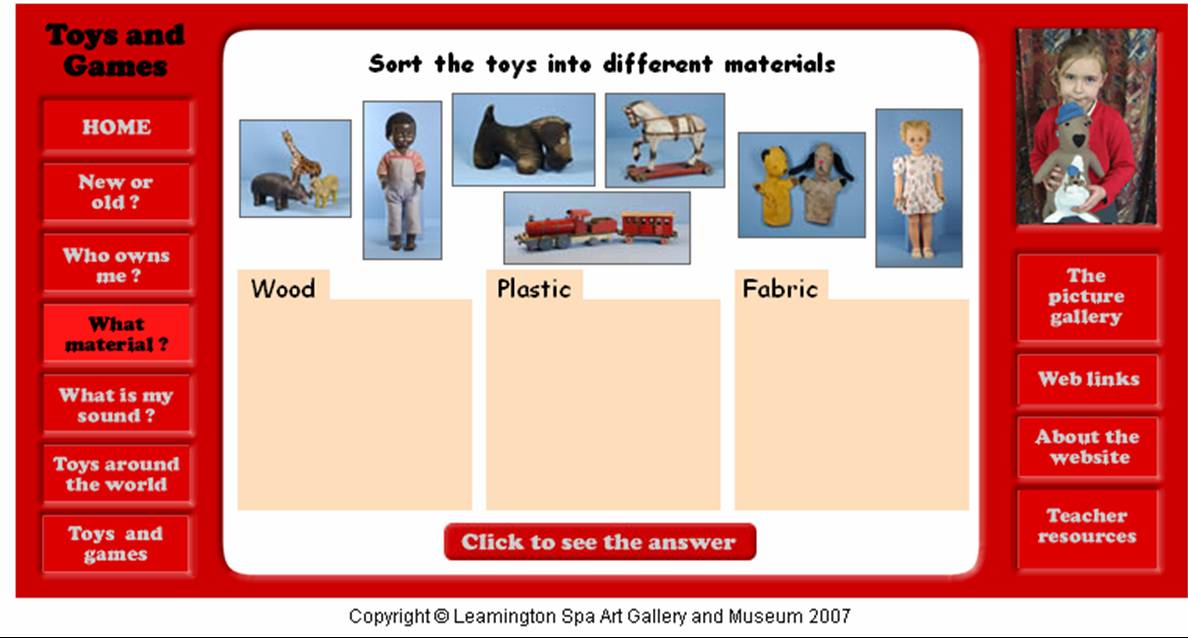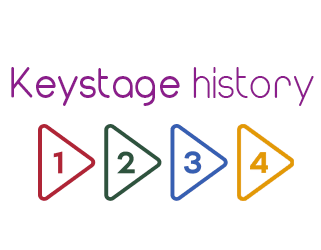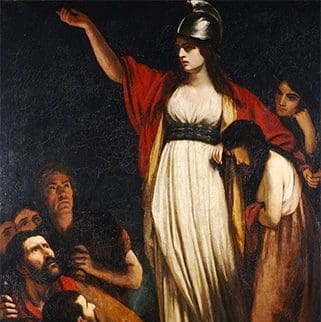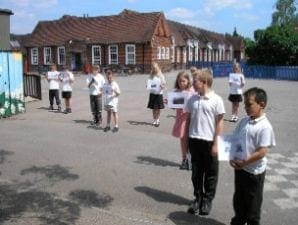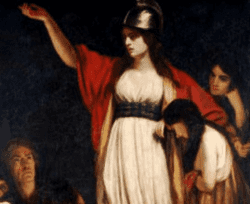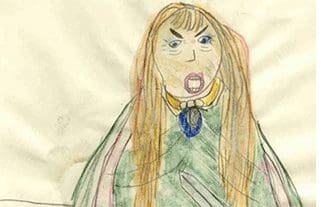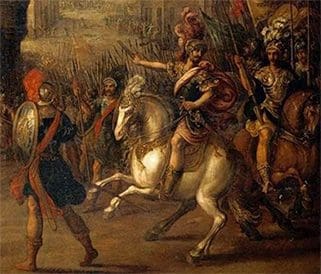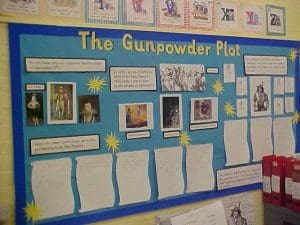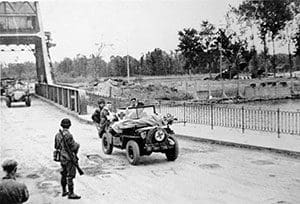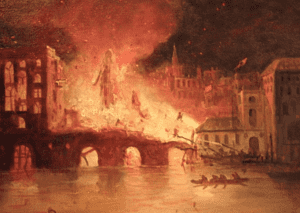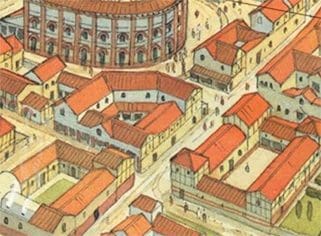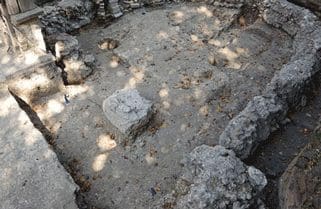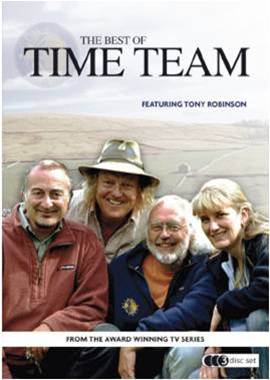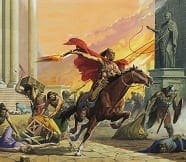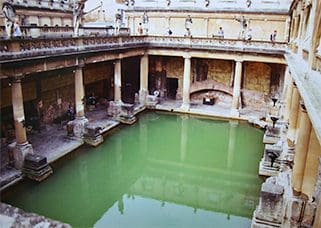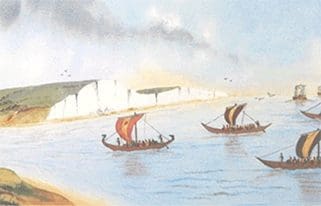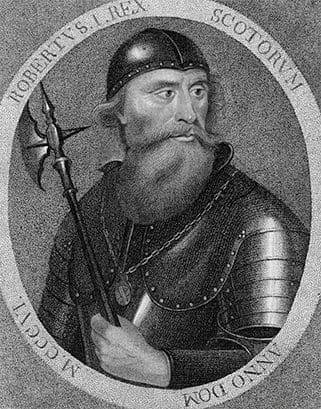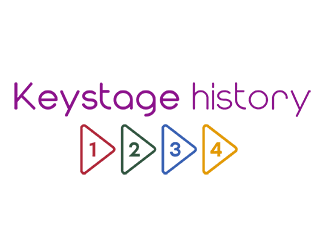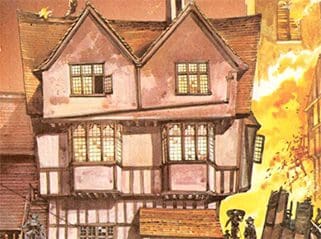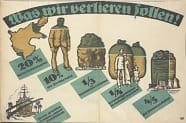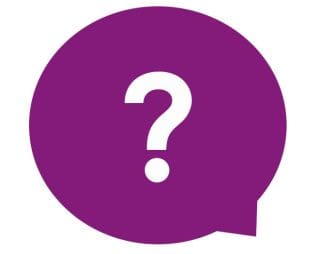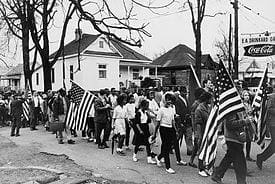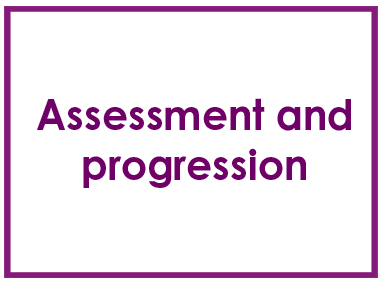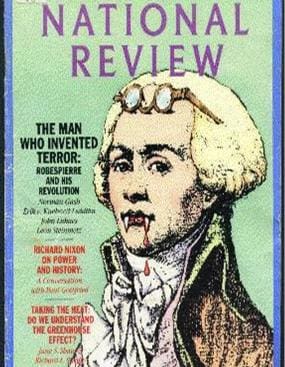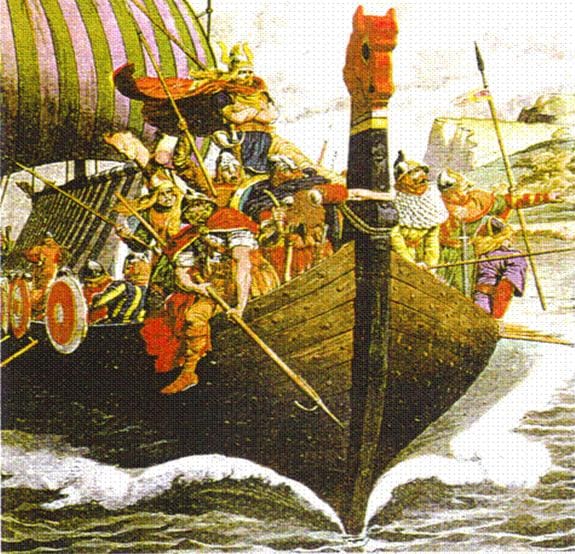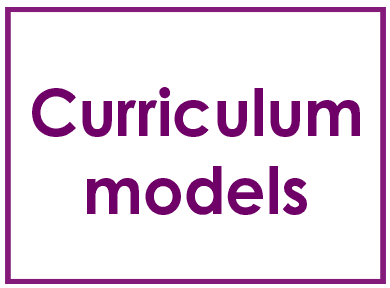Keystage history
Toys – KQ5 – Who played with these toys in the past? and how can we know?
This is particularly suitable as an extension question for the older/ higher attaining pupils in KS1 if you are teaching…
Read MoreToys – KQ6 – How can we set up our own toy museum?
This final KS1 lesson on the Toys topic cements children’s understanding of old and new in an interesting way. Activity…
Read MoreOFSTED and assessment of primary history in the EIF for 2019
OFSTED and assessment in primary history One of the features of deep dive subject inspections is that the two hardest…
Read MorePlanner for teaching early Islamic civilization at KS2
For many schools this is new topic and one to be taught with particular sensitivity in the 21st century. Try…
Read MoreWhat does OFSTED really think about 2 year KS3 history courses?
More than half of schools now run lengthened Key Stage 4 history courses, effectively shortening Key Stage 3 to cater…
Read MoreToys old and new: Sorting and setting
This lesson draws on some excellent resources you may not have come across, produced by museums in Bedfordshire and Warwickshire. …
Read MoreOFSTED’s report on teaching of Toys-outstanding lesson
When the inspector entered, the pupils were sitting on the carpet around the teacher. She was gently exploring whether they…
Read MoreWhat does INTENT actually mean for history in the new OFSTED Framework for 2019? Building blocks and the Big Picture
Nothing could be simpler: intent is everything up to the point at which teaching happens in the classroom. It is…
Read MoreTeaching the Iron Age at KS2: are you teaching the right things?
In a recent article in Primary History by Karen Doull of the Historical Association adumbrated a list of the ‘Ten…
Read More5 things primary history subject leaders should be doing next term
It obviously makes no sense to ordain a calendar of must-do tasks that all primary history leaders should be following….
Read MoreRoman Britain – KQ2 part 2 – Boudicca’s rebellion: from sequencing to living graph
This KS2 lesson on Roman Britain uses the idea of a living graph to see the ups and downs of…
Read MoreTime to drop insanity of a 3 year GCSE history course
Of all the phases of history education pupils now go through, KS4 is by far the least appealing. So why…
Read MoreRoman Britain – KQ2 part 2 additional information – Boudica’s rebellion: from sequencing to living graph
The focus on the dramatic story of Boudica is a good opportunity to help pupils to understand why things happen…
Read MoreRoman Britain – KQ2 part 2 additional information – Making sure you are teaching Boudica in the right way.
Let’s start with the name. Boudica is the correct spelling, not Boudicea. Boudica means ‘victory’. Her chariots were light, springy,…
Read MoreRoman Britain – KQ2 part 3 – What image do we have of Boudica today?
Key Stage 2 pupils find Boudica fascinating so this is a good context for exploring the tricky ideas of historical…
Read MoreRoman Britain – KQ3 – How were the Romans able to keep control over such a vast empire?
This lesson offers considerable variety in terms of learning approaches. Pupils work in tug-of-war teams to represent the differently weighted…
Read MoreWhat do the new 2019 OFSTED Framework reports say about history in primary schools?
Even though we are only a month into term, OFSTED has been busy publishing its reports from the second week…
Read MoreHow did Guy Fawkes feel before, during and after the night of the 5th November: pupils do the thinking.
Getting children to think about how Guy Fawkes felt, before, during and after the Gunpowder plot. This simple task, resourced…
Read More80th anniversary of the outbreak of World War Two
On 3 September 1939, Britain and France declared war on Germany after Adolf Hitler’s invasion of Poland. It was the…
Read MoreWhat new OFSTED framework on work scrutiny means for history subject leaders.
What work scrutiny means for history subject leaders. We all worry about work scrutiny. Will the inspectors take into account…
Read MoreAnniversary of the start of the Great Fire.
On this anniversary of the outbreak of the Great Fire, take a look at the outstanding lesson which explores why…
Read MoreRoman Britain – KQ4 part 1 – Picture this. Creating a group drawing of a Roman town with all key buildings included in the right place
After re-capping the main features of Iron Age settlements, pupils work collaboratively in role as spies trying to find which…
Read MoreKS2 update on Saxon conversion to Christianity-the first stone churches
Excavations in Kent have just revealed that there were STONE Saxon churches being built in England as early as AD…
Read MoreRoman Britain – KQ4 part 2 – Is this another Roman villa?
NB. It has been brought to our attention that the link to the video doesn’t work as the video has…
Read MoreRoman Britain – KQ5 – How can we solve the mystery of why this great 400 year empire suddenly came to an end? Can you make the links?
As this is a brief overview question, without time for much independent research, pupils are introduced to a series of…
Read MoreRoman Britain – KQ6 – What have the Romans ever done for us? Under the cloth
This activity is a good fun way of concluding a study of the Romans. It is called ‘under the cloth’. …
Read More10 things history leaders need to know about the new OFSTED 2019 Framework
10 things you need to know about leading history 1. Show you are teaching history You will have to show…
Read MoreMaking the Saxons relevant for BAME pupils
In the corridors of academia there has been much debate about the relevance of the british university and school history…
Read MoreHow significant was Bannockburn? What do Y7 pupils think?
When your pupils watch any sporting even that features the Scottish national anthem, remind them of its links to Bannockburn…
Read MoreMaking links in history at KS3: 5 simple questions to ask your pupils
5 quick and simple questions to help pupils make links in history at KS3 When else have we come across…
Read MoreIs chocolate bad for your history lessons at KS2? Warnings about OFSTED and SOME cross-curricular approaches
With OFSTED putting the curriculum under even greater scrutiny, it is perhaps timely to re-consider assumption about delivery of history…
Read MoreSwapping a Great Fire for a volcanic eruption? Looking for a new famous Event at KS1?
In a recent article in the Historical association’s Primary History Sue Townsend makes a very strong case for introducing the…
Read MoreHow many of these 50 KS2 history concepts do your pupils understand?
How many of these KS2 history concepts do your pupils understand? Afterlife Army Blitz Border Christianity City Civil war Civilization…
Read MoreWhat have the Romans ever done for us? More than we think
It appears that we need to add anti-earthquake engineering to all the other benefits the Romans gave us: sanitation, medicine,…
Read MoreWhat does greater depth look like in history at KS2 and 3?
What does greater depth mean in history? So, we all know it doesn’t just mean knowing more stuff. We also…
Read MoreWriting frames in KS2 and 3 history: Uncomfortable Procrustean bed or essential tool for explanatory writing.
For years history teachers have been using writing frames. Some are better than others. Some are downright unhelpful . It…
Read MoreHow to implement successful curriculum change in history: using the EAST model
Most schools will have come up with a new curriculum for history at a time when the statutory changes took…
Read MoreHow should Germany be treated at the Paris peace conference? KS3 or KS4 task
This short but engaging task precedes any detailed analysis of the terms of the treaty itself. It has four distinct…
Read MoreUsing small stories to reveal big pictures in our history teaching: a practical example
Small stories and big pictures As history teachers, we love telling stories. We do this to motivate pupils as we…
Read MoreImproving your questioning in history to improve learning
We all know that less than 10% of questions we traditionally ask in British classrooms actually caused new learning. Most…
Read MoreGCSE history wagging KS3 dog says HA survey
Last month the Historical Association published its annual survey of the state of history in its secondary schools. About 300…
Read MoreFree at Last? How far had the Civil Rights Movement come by 1963?
How far have Afro-Americans come in their struggle for equality over the last 160 years? With many schools operating a…
Read MoreDon’t bark up the wrong tree with progression-its all about the history curriculum not content-free skills
There has been a lot of confusing talk recently about progression in history. Schools are still wrong-headedly trying to build…
Read MoreDo all revolutions in history end badly? Historians compare Russian, French and Chinese revolutions.
Interesting article in History Today (one that is free to read), in which authors compare the outcome of three revolutions:…
Read More‘100’ great teaching ideas for teaching history at KS4
This section offers a veritable treasure trove of imaginative tried-and-tested ideas which will be a source of inspiration for you…
Using place-name evidence to find out about the Vikings at KS2: 3 things you MUST know
Place-name evidence is really important to historians studying the Vikings. Not only is there so much of it, it is…
Read MoreCurriculum models at key stage 3
By now, most of you will have taught your new KS3 curriculum for over four years. It might seem a…
Read MoreUsing colourful highlighter pens to mark text. Is there a better alternative to promote deeper thinking in history?
Highlighting text is a commonly used technique in history teaching right up to, and including A level. I have spend…
Read MoreMedium term planning for history at KS2
KS2 History Planning and Plans All compulsory National Curriculum topics now have full medium-term plans rated as outstanding by OFSTED. …
Read MoreYour KS3 history curriculum and OFSTED’s 2019 Framework
With the OFSTED Framework for 2019 very much in mind the clever people at OneBigHistoryDepartment have come up with a…
Read More

